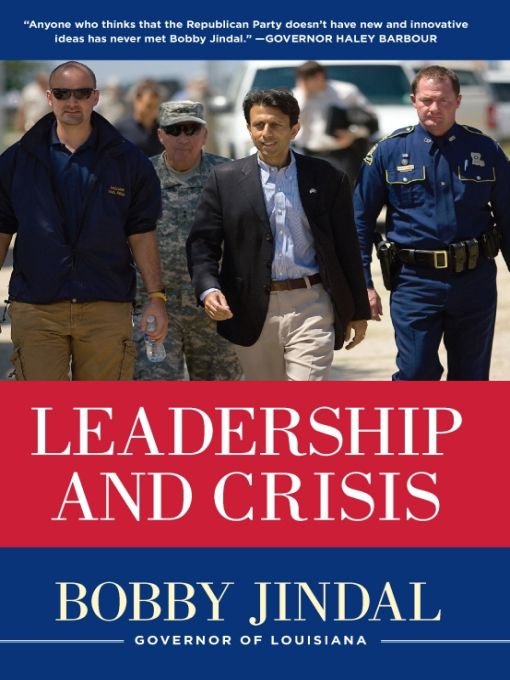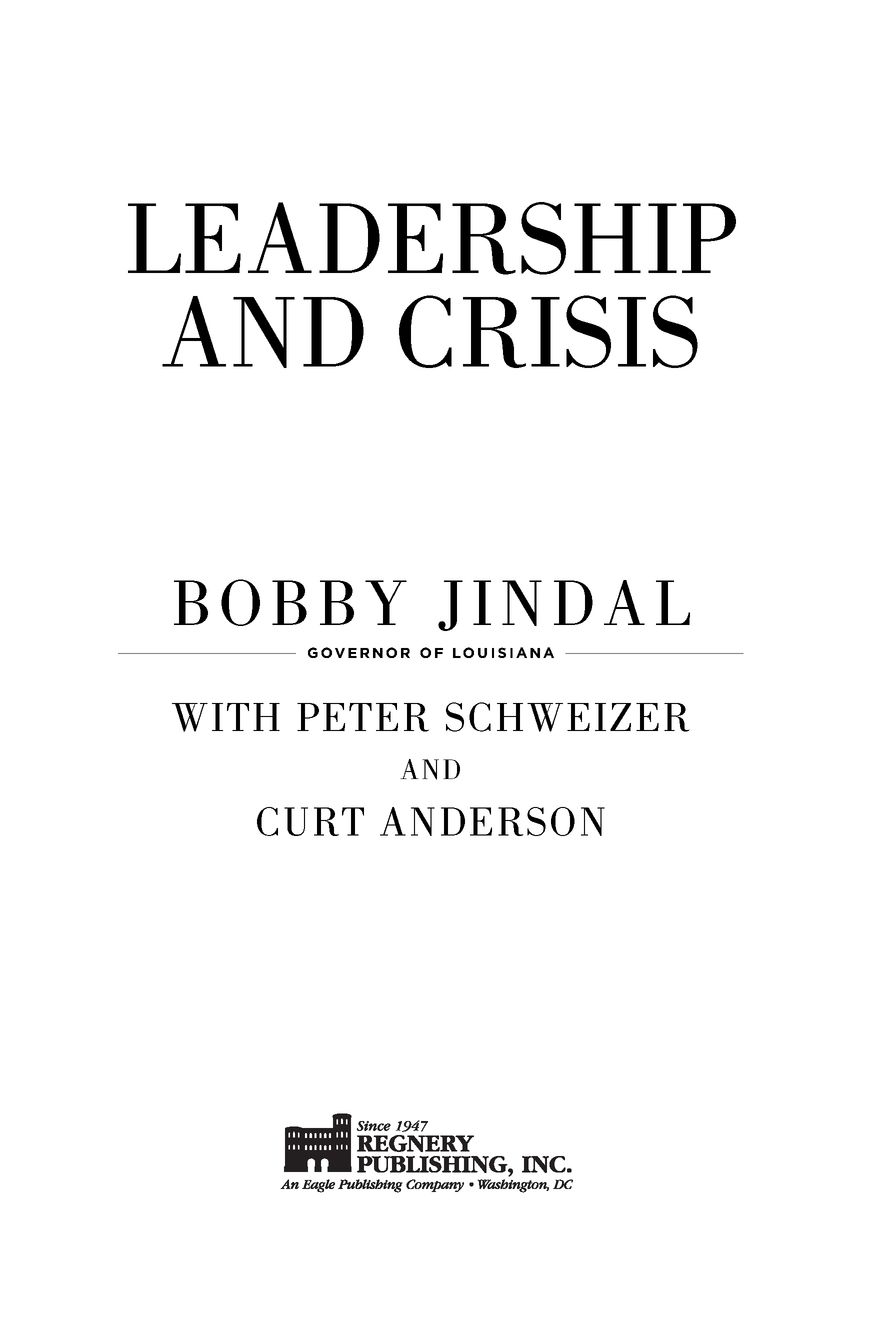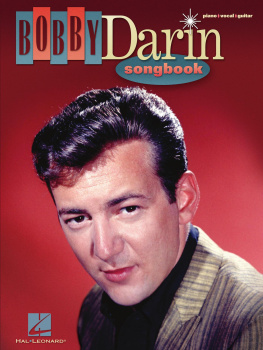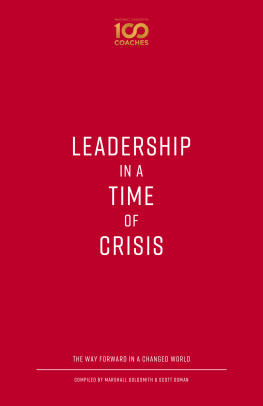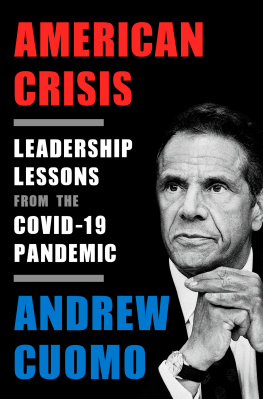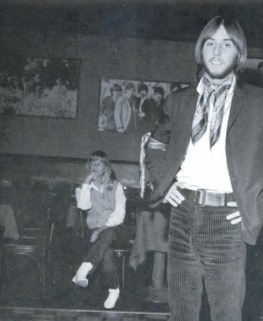Table of Contents
DEDICATION
To Supriya, my best friend,
and my parents who taught me to fearlessly
pursue my dreams.
CHAPTER 1
DISASTER IN THE GULF
It was a misty Sunday morning, May 2, and I was standing with my chief of staff, Timmy Teepell, on the tarmac of the Louis Armstrong International Airport in New Orleans. Air Force One had just touched down on the runway. It was a tense time in Louisiana, in fact, all along the Gulf coast. It had been almost two weeks since the Deepwater Horizon oil well had blown, killing eleven workers, and now oil was spewing into the Gulf of Mexico, and this was the first time the president visited. The spill was growing in size by the hour and moving ever closer to the delicate shoreline of Louisiana. To us it felt like a slow moving invasion: you could see it coming, it was getting closer, and little seemed to be happening to stop it.
Air Force One slowly eased toward us, and moments later the White House staff emerged. A member of the advance team took Timmy aside for a private chat with White House Chief of Staff Rahm Emanuel. Moments later the president emerged, and as his feet hit the runway pavement I extended a hand of greeting. Hello, Mr. President.
President Obama quickly put his arm around my shoulder and pulled me aside. It was then that I realized this was not going to be an ordinary greeting.
I was expecting words of concern about the oil spill, worry about the pending ecological disaster, and words of confidence about how the federal government was here to help. Or perhaps he was going to vent about BPs slow response. But no, the president was upset about something else. And he wanted to talk about, well, food stamps. Actually, he wanted to talk about a letter that my administration had sent to Secretary of Agriculture Tom Vilsack a day earlier.
The letter was rudimentary, bureaucratic, and ordinary. We are formally requesting that you authorize under the OPA [Oil Pollution Act] the distribution of commodities to disaster relief agencies and the state.... We had also sent out requests for federal assistance on fisheries failure and job assistance. In this instance, we were simply asking the federal government to authorize food stamps for those who were now unemployed because of the oil spill. Governors regularly make these sorts of requests to the federal government when facing a disaster.
But somehow, for some reason, President Obama had personalized this. And he was upset.
There was not a word about the oil spill. He was concerned about looking bad because of the letter. Careful, he said to me, this is going to get bad for everyone.
My first thought was: Are you kidding? Weve got millions of gallons of oil lurking off shore and youre concerned about this? My words to him were more measured. We havent criticized you about food stamps, Mr. President. What Im frustrated about is resources. We still dont have the boom and skimmers we need to fight this oil spill.
A few feet away, Rahm Emanuel and Timmy were having a similar conversation. But Emanuel was being less delicate. If you have a problem, he told Timmy, pick up the fn phone. (Rahm is well known in Washington for his inability to communicate without swearing.)
The president never raised his voice. But you could tell that he was oddly irritated and annoyed by this particular letter. I was truly stunned. It would be one thing if they had been angry about the failed response to the oil spill or concerned about the pending ecological disaster or frustrated with BP. There were plenty of real things to be upset about. But mad about a letter to the Ag Secretary? It was almost surreal. The White House had a sense of urgency... about the wrong things. Politico noted that the president put his arm around Jindal as if he were giving him an earful. We were contacted by a national reporter in Washington who had been told the president was upset. The White House had clearly tipped off reporters to observe closely the greeting on the tarmac.
Just as quickly as the president turned on his anger, he turned it off. Okay, press stunt over, whats next? The weather made flying by helicopter unsafe, so we drove to Venicein separate carswhere we were meeting with local officials.
That encounter with President Obama served as a reminder to me of why Americans are so frustrated with Washington: the feds focus on the wrong things. Political posturing becomes more important than reality. In Washington they live by the motto: Perception is reality. They worry about things they shouldnt and fail to do those things that they should focus on. Its called core competence, or the lack thereof.
Now during the oil spill some critics said that I was being hypocritical because I believe in limited government and was also demanding more federal assistance. But they miss the point entirely. Im not an anarchist. I believe government has a roleand at its most basic level the role of government is to protect life, liberty, and property. Dealing with a disaster like the oil spill certainly fits the job description. I believe that part of the reason the federal government failed to respond effectively to the oil spill (and for that matter, five years earlier during Hurricane Katrina) is precisely because government has become too big. By too big I mean not only too expensive, but also our federal government has become too expansive and strayed too far from what should be its core competency.
Today we have the federal government in Washington trying to run car companies, banks, and our entire health care systemrather than sticking to its core job of protecting America from all enemies foreign and domestic, protecting the life, liberty, and property of the American people. What we really need is for the federal government to do those things it should be doing with excellence, and stop trying to take over pieces of the private sector that it has no business in and no reasonable chance of running well.
The federal governments response to the oil spill was lackadaisical almost from the start. Shortly after the oil well blew, we asked federal authorities how they were going to prioritize and deploy resources to protect our shoreline. We grew frustrated when they would not adjust their plans to respond adequately to a crisis of this magnitude. (We ended up writing our own plans with parish presidents and other coastal leaders who know the waters like the back of their hands.) And some of the federal plans were, how can I say it? Crazy. During that May 2 meeting in Venice with the president, it became clear that some of the federal plans to protect Louisiana were dangerous. A senior Coast Guard official explained calmly that if the oil entered the marshes, the plan was to ... burn the marshes! What? How about some Napalm?
If youve never been to the Louisiana coast, it is far different than Daytona Beach. Its beautiful in a much different way. Our coast is populated with countless fragile marshes and estuaries, and it is home to numerous species of wildlife. More than a few people at the meeting commented that this sounded painfully similar to the quip by the Army official in Vietnam who said they needed to destroy the village to save it. We wanted more of an emphasis on preventing the oil from getting into the marshes in the first place and a greater sense of urgency.

